Ready to Build Your Future?
Join a growing community of aspiring DevOps engineers who are committed to mastering the craft.
-
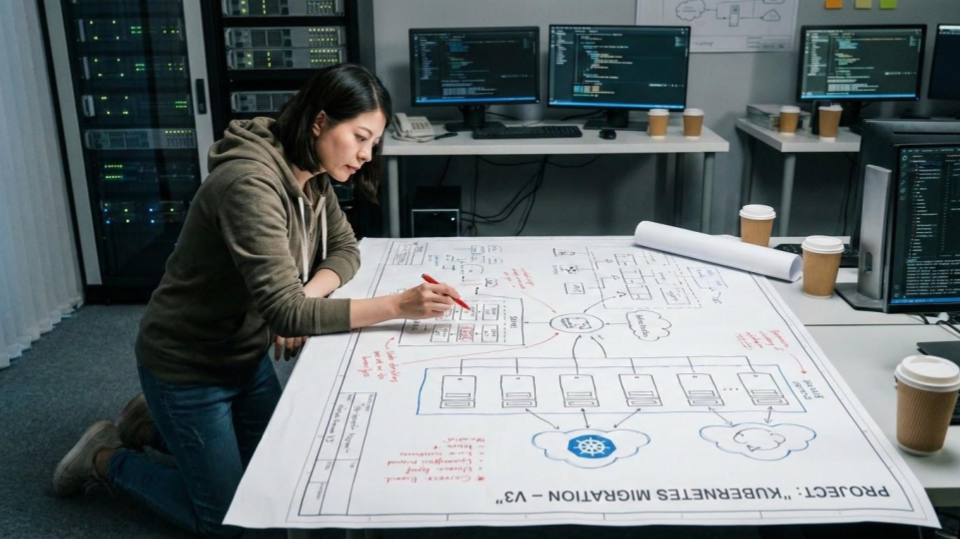
Stop Treating Code Like a Black Box: 5 Design Patterns Every DevOps Engineer Must Know
Stop treating code like a black box. Master the 5 essential software design patterns every DevOps engineer needs in 2026, including Circuit Breaker, Strangler Fig, and Sidecar. Learn how to debug cascading failures and architect resilient cloud systems.
-
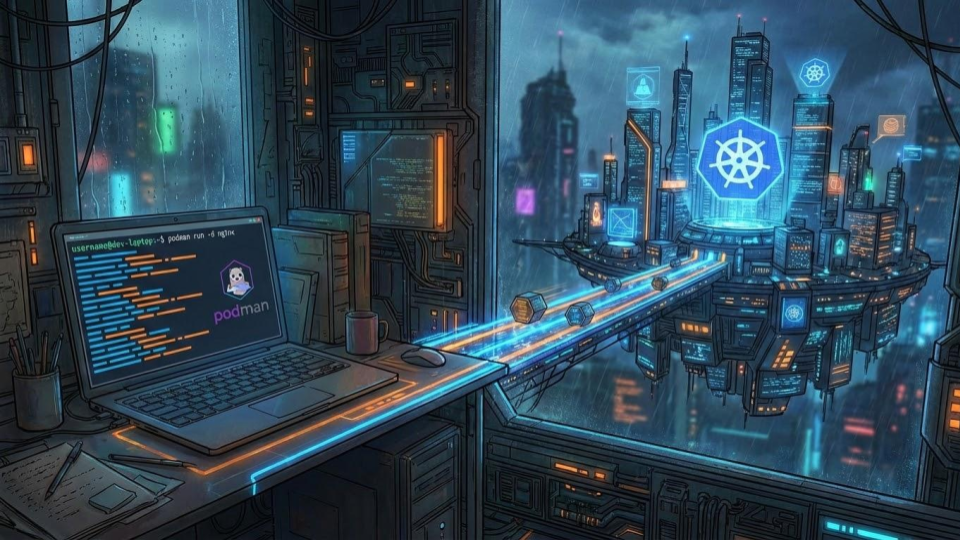
From Localhost to Cluster: The "Hidden" Kubernetes Bridge in Podman
Bridge the gap between local development and Kubernetes. Learn how to use Podman's to move workloads seamlessly from localhost to production.
-

Will AI replace DevOps engineers in 2026? (The honest answer)
Will AI replace DevOps engineers in 2026? We analyze the shift from 'script writing' to 'AI auditing' and reveal why architectural skills are your best defense against automation.
-
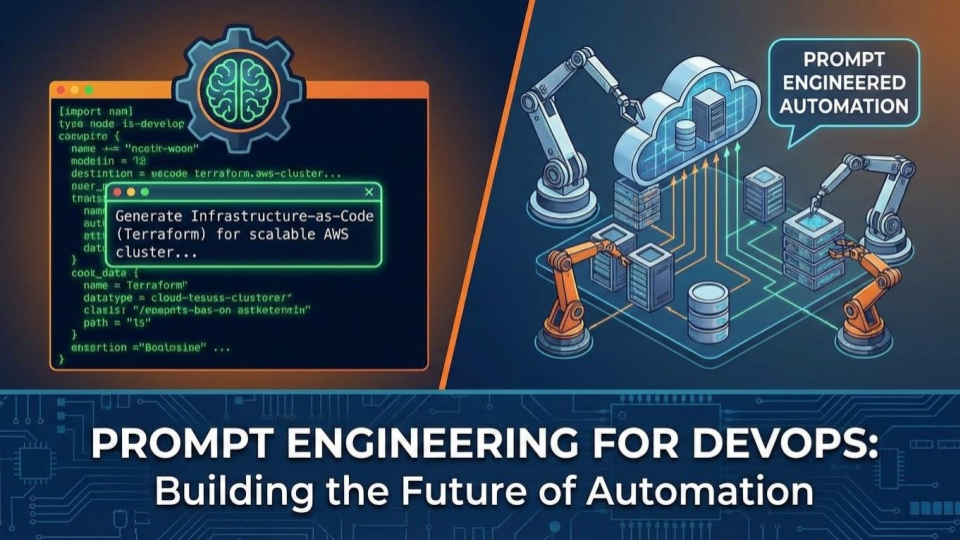
Prompt Engineering for DevOps: A New Essential Skill?
Master Prompt Engineering for DevOps in 2026. Learn why 'Context Management' is the new essential skill, how to use the R-C-O framework, and see real-world examples of how to audit AI-generated Terraform and Python code for security.
-
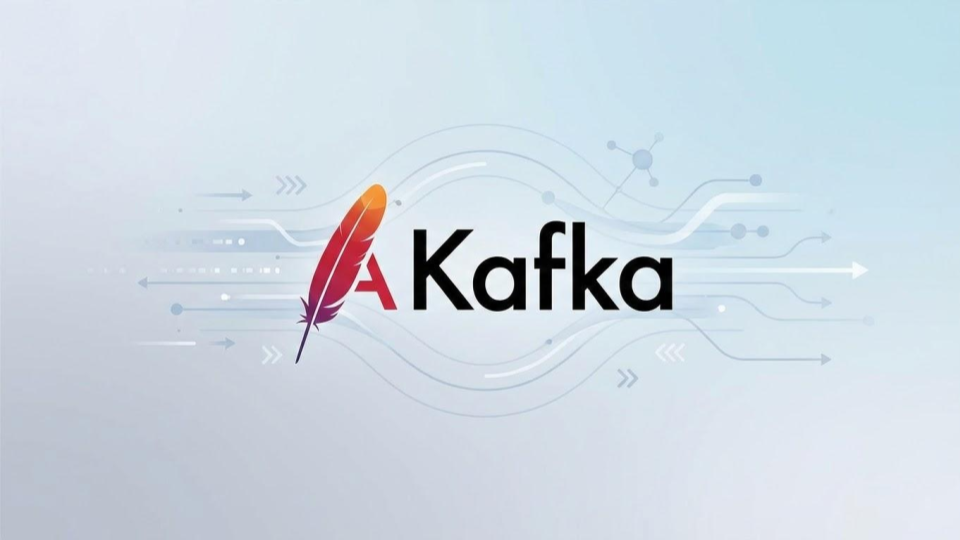
Kafka for DevOps: Supercharging Your Cloud-Native Architectures
Unlock the power of Apache Kafka for DevOps. Learn how to decouple microservices, centralize real-time log aggregation, and build resilient, scalable cloud-native architectures with this comprehensive introductory guide.
-
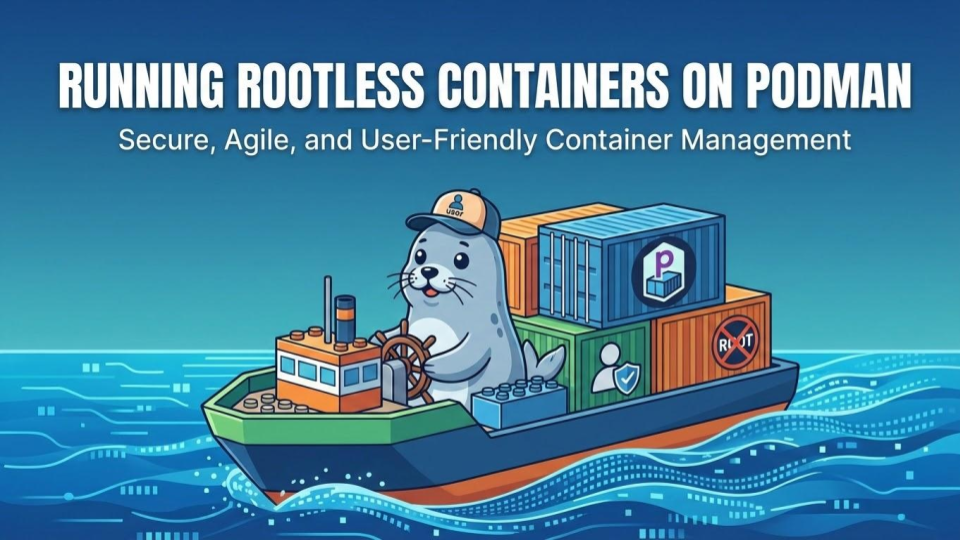
How to run your first rootless container with Podman
Learn how to install Podman on Linux, macOS, and Windows. A complete step-by-step tutorial on setting up the CLI, running your first rootless container, and verifying security isolation
-
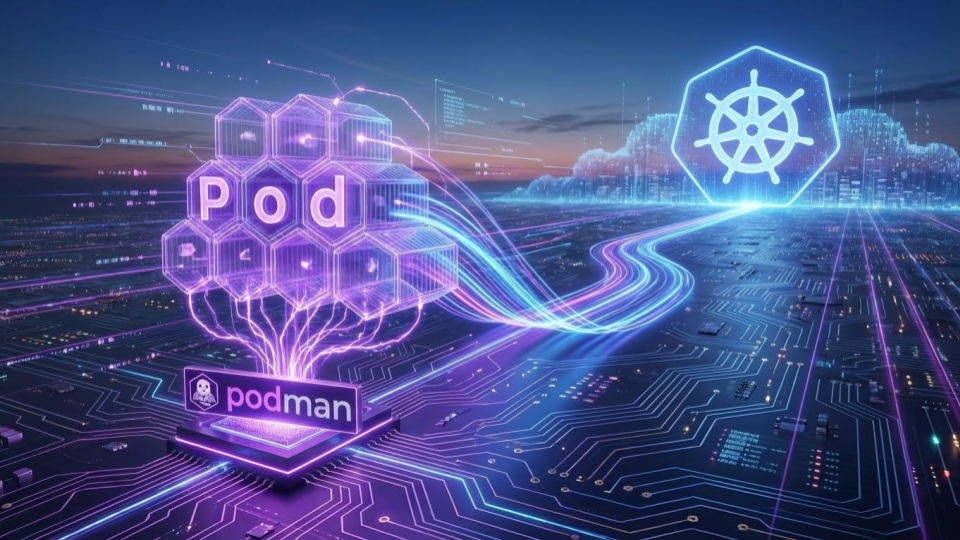
Beyond Docker: Why Podman is the DevOps Tool You Should Be Watching
Stop running containers as root. Meet Podman: the secure, Kubernetes-native alternative to Docker. Read our full comparison and why you need to switch.
-
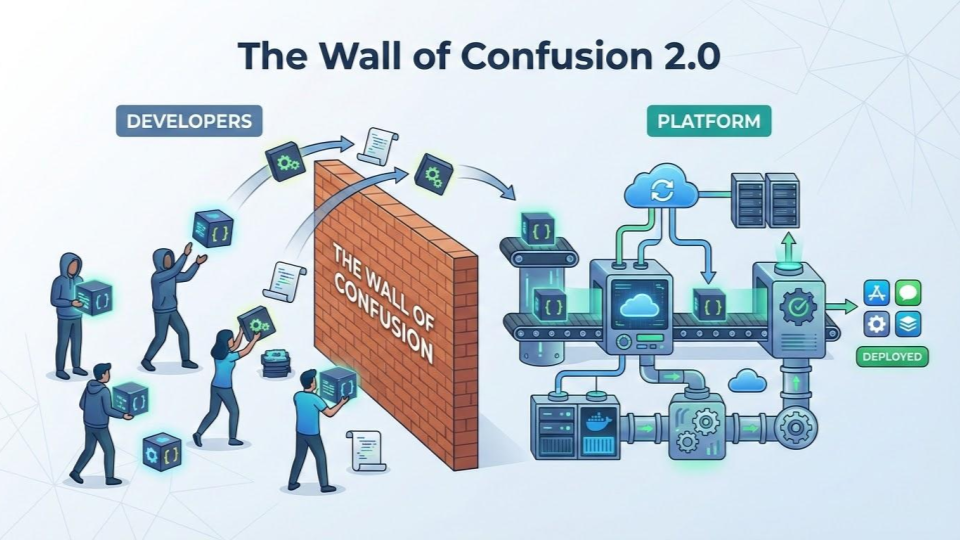
DevOps is Dead. Long Live Platform Engineering
Do not let yourself be stagnated in a DevOps role. Keep upskilling yourself to be prepared for Platform engineering.
-
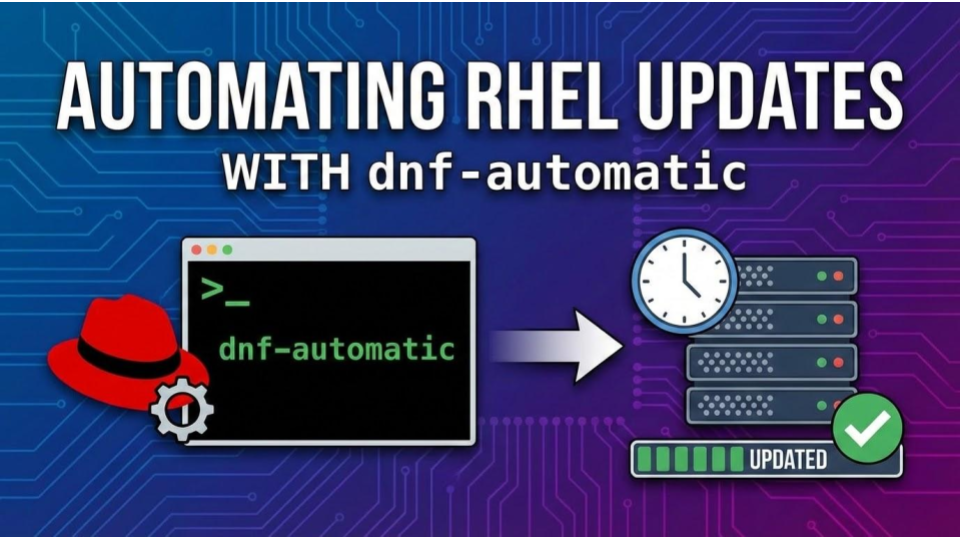
Are you still using cron jobs to keep RHEL systems up to date
Learn the best method to automate RHEL updates with dnf-automatic. This guide covers config, how to verify, and why enterprise fleets need a different approach.
-
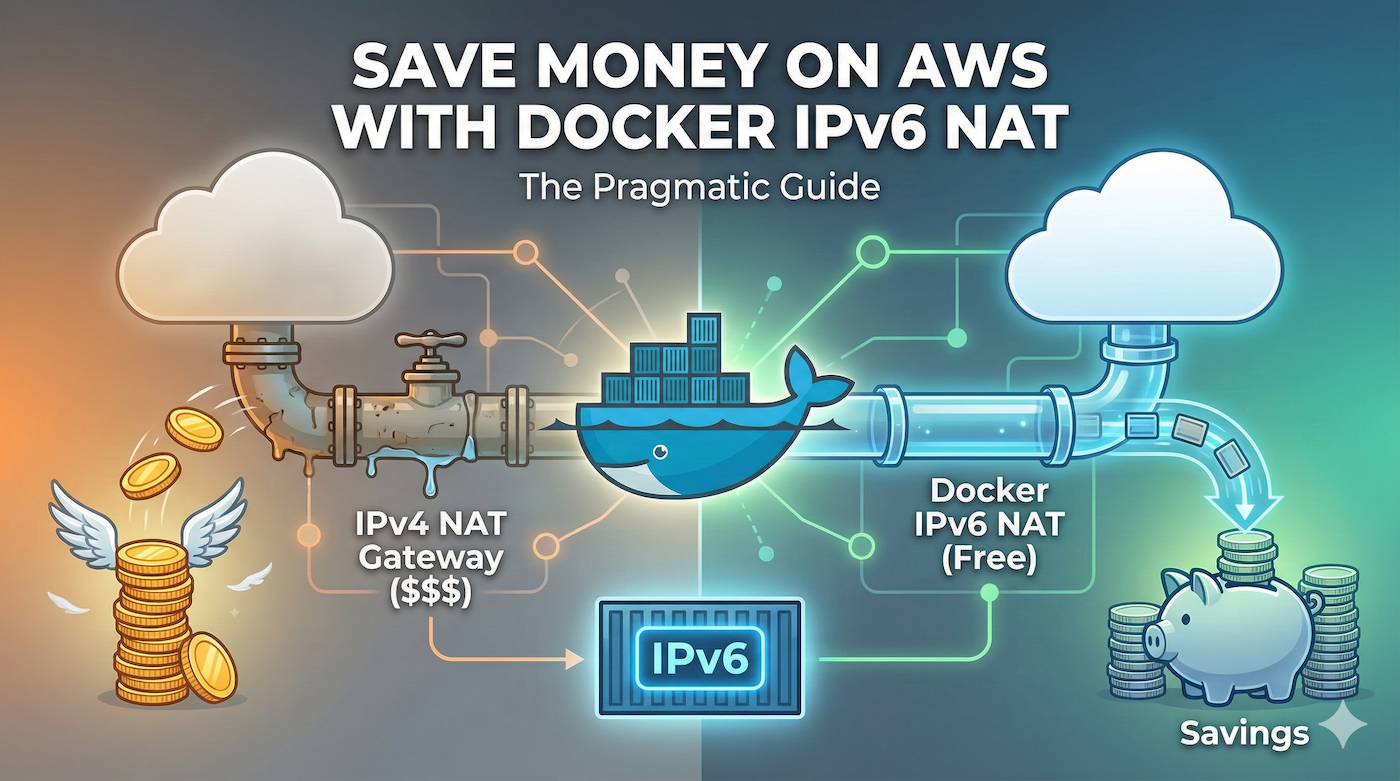
Saving Money on AWS: The Pragmatic Guide to Docker IPv6 Networking
How to use IPv6 networking for Docker workloads on AWS to avoid public IPv4 costs.
-

How to run a web application in AWS on a tight budget
A walkthrough on designing a secure, cost effective architecture for a personal or hobby web app on AWS.
-

AWS vs Azure vs GCP: Who's got the best virtual machines in town
A guide to virtual machine service offerings of big cloud providers.
-

9 reasons why you need a reverse proxy for any web application
A reverse proxy is not just a load balancer. Check out these 9 things how a reverse proxy make your web application more performant and secure.
-

Your guide to learn coding as a DevOps engineer
If you are an aspiring DevOps engineer and is not actively learning to code...
-
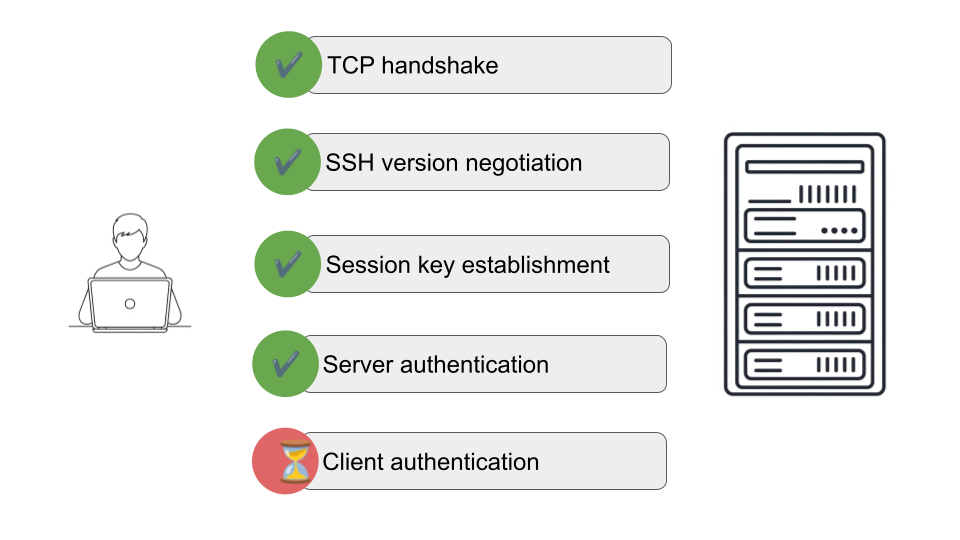
5 SSH client authentication methods for security minded DevOps engineers
Are you still relying on password authentication for SSH? it's time to upgrade to a more secure and scalable method.
-

My system to become a highly efficient DevOps engineer
Become a highly efficient DevOps engineer and become a highly valued asset to your team so they'll be sorry to let you go.
-

3 Docker myths shot down in flames
Read this if you ever clapped a "Docker is dead" post.
-

The secret ingredient for career growth and five easy tips to brew it up
How much hard you work, without this you will never realize your career goals.
-

3 mistakes that hit hard on your DevOps career
Don't let these three mistakes stall your DevOps career.
-

How to build an observability stack that cuts to the heart of any issue with no wasted effort
If you are still using SSH to troubleshoot, there's a problem with your observability stack.
-

3 myths that claim Kubernetes is going away
Kubernetes is not going away despite a few DevOps pros trying to generalize a few specific use cases.
-
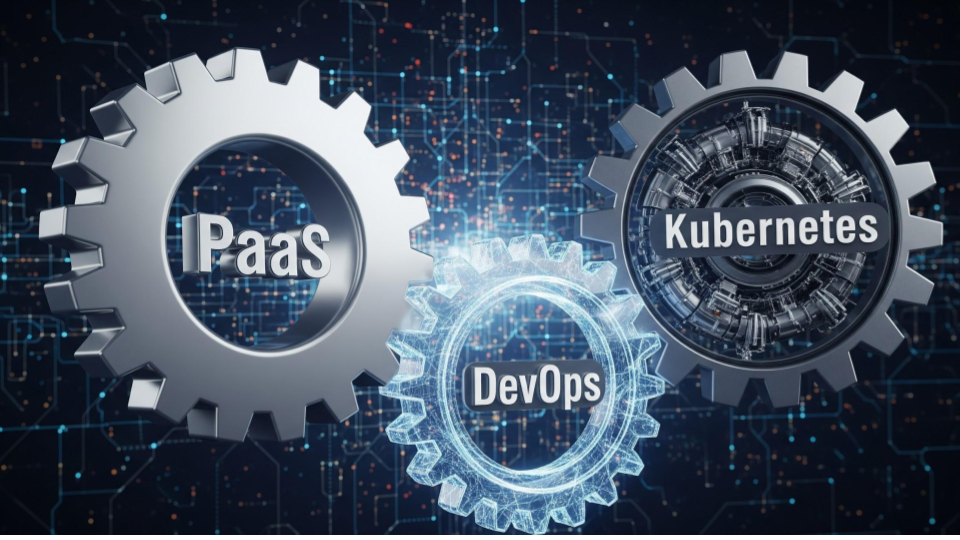
Why PAAS cannot replace Kubernetes
PAAS is easy. Just deploy your code and the platform will run it. But, it cannot cut it for everyone.
-

Introduction to metrics - one of the three pillars in DevOps observability
The significance of metrics in DevOps observability, types of metrics, and open-source tools for collecting and visualizing metrics.
-
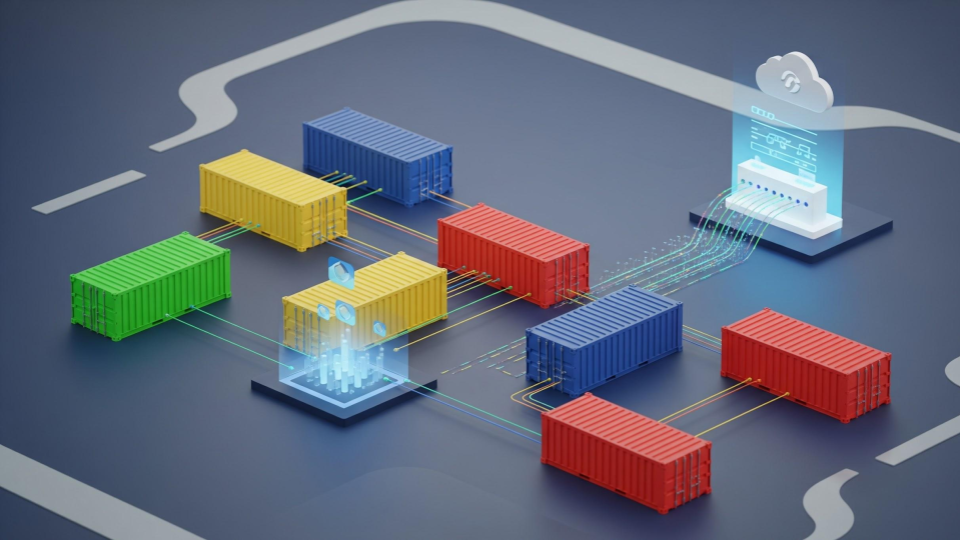
This is how you should write and collect logs from Docker containers
Do not write logs to log files in Docker containers. Write logs to stdout and stderr and collect them via one of the three log forwarding mechanisms described here.
-

4 open-source DevOps logging tools and what I use for home labs and prod
Master DevOps log management with open-source logging tools. Find out what open-source logging tool is the best to get started with.
-

Keep a keen eye: Logging for applications on Kubernetes
Learn the essentials of Kubernetes logging. Discover key architectures, best practices, and popular tools like the EFK stack to effectively monitor and troubleshoot your K8s apps.
-
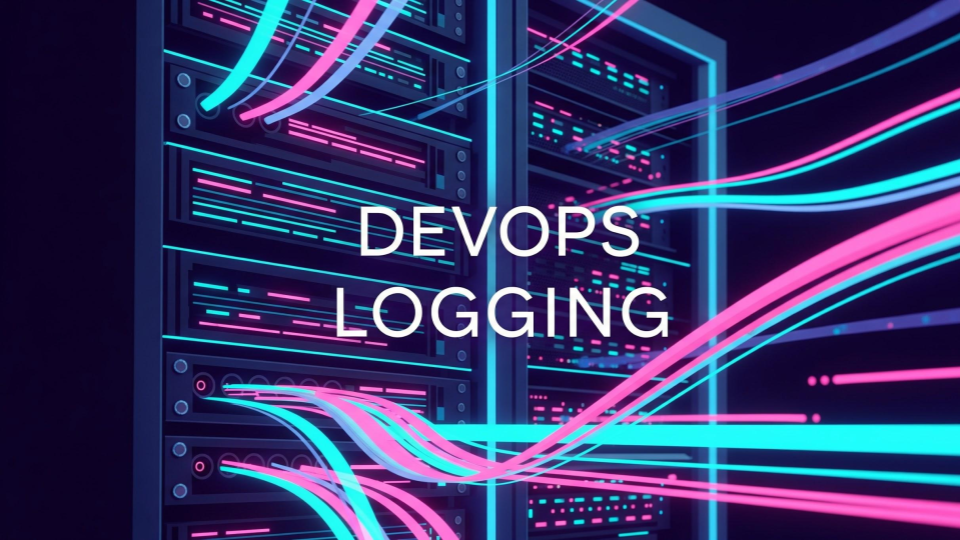
A Guide to logging in DevOps
A complete guide to logging - one of the three pillars of observability in DevOps. Learn the difference between logging, metrics, and tracing, explore popular tools.
-
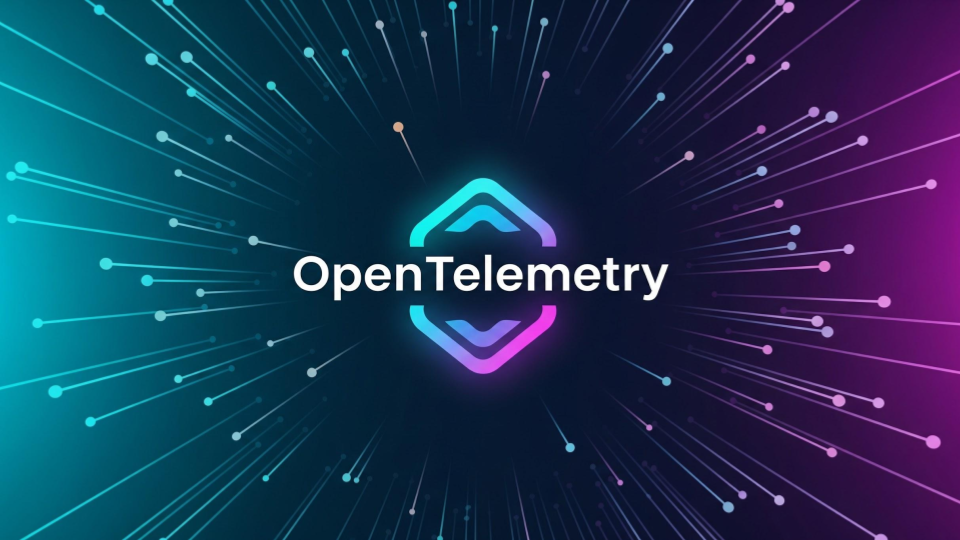
How OpenTelemetry is standardizing DevOps observability
OpenTelemetry is an initiative to standardize observability so that you can seamlessly work with multiple observability tools.
-

An introduction to observability in DevOps
Observability is your ability to know why your software applications are failing. Then, you can decide what exactly you need to do to recover.
-

7 bad practices of sudo (and how you can do better) as a DevOps engineer
Out of all utilities in Linux, sudo is one of the most misused (or underused). Here we list 7 common bad things that DevOps engineers are doing with sudo.
All posts
-
Stop Treating Code Like a Black Box: 5 Design Patterns Every DevOps Engineer Must Know
-
From Localhost to Cluster: The "Hidden" Kubernetes Bridge in Podman
-
Will AI replace DevOps engineers in 2026? (The honest answer)
-
Prompt Engineering for DevOps: A New Essential Skill?
-
Kafka for DevOps: Supercharging Your Cloud-Native Architectures
-
How to run your first rootless container with Podman
-
Beyond Docker: Why Podman is the DevOps Tool You Should Be Watching
-
DevOps is Dead. Long Live Platform Engineering
-
Are you still using cron jobs to keep RHEL systems up to date
-
Saving Money on AWS: The Pragmatic Guide to Docker IPv6 Networking
-
How to run a web application in AWS on a tight budget
-
AWS vs Azure vs GCP: Who's got the best virtual machines in town
-
9 reasons why you need a reverse proxy for any web application
-
Your guide to learn coding as a DevOps engineer
-
5 SSH client authentication methods for security minded DevOps engineers
-
My system to become a highly efficient DevOps engineer
-
3 Docker myths shot down in flames
-
The secret ingredient for career growth and five easy tips to brew it up
-
3 mistakes that hit hard on your DevOps career
-
How to build an observability stack that cuts to the heart of any issue with no wasted effort
-
3 myths that claim Kubernetes is going away
-
Why PAAS cannot replace Kubernetes
-
Introduction to metrics - one of the three pillars in DevOps observability
-
This is how you should write and collect logs from Docker containers
-
4 open-source DevOps logging tools and what I use for home labs and prod
-
Keep a keen eye: Logging for applications on Kubernetes
-
A Guide to logging in DevOps
-
How OpenTelemetry is standardizing DevOps observability
-
An introduction to observability in DevOps
-
7 bad practices of sudo (and how you can do better) as a DevOps engineer
-
If you are doing any out of these three you are putting your infra at risk
-
Get empowered and be a secure Linux user: A guide to sudo
-
Building and managing cloud infrastructure with confidence: A guide to IaC for DevOps engineers
-
A guide to web application architecture for DevOps engineers
-
DevOps engineer's guide to web application building blocks
-
DevOps in the private cloud: Mastering the skills for the on-premise landscape
-
The Rise, Reign, and Reinvention of CentOS: A Linux Legacy
-
How to run Kubernetes on bare-metal with cloud-like agility
-
How to use open source software at work (It's different from your home lab)
-
Private cloud Part 2: Why you should not build your private cloud on-premises
-
DevOps in the private cloud - Part 1: How enterprises are using private cloud in 2025
-
6 reasons why you should learn coding as a DevOps engineer: Even if you don't get to write code at the job
-
5 formatting pitfalls to avoid in your resume: Only for DevOps engineers
-
5 ways to build tech skills for your first DevOps job
-
How to start learning Kubernetes on your home lab for free
-
7 mistakes to avoid in your resume when switching careers to DevOps with 10+ years of experience
-
How to become a self-taught DevOps engineer before you turn 30
-
Are cloud certifications worth it
-
How to self-study for cloud certifications when you are working 9-5
-
Containerization is not microservices
-
All you need to know about DevOps vs Site Reliability Engineering
-
The role of containers in DevOps
-
DevOps job titles: Engineer vs Senior Engineer vs Staff Engineer and more
-
How to write the job title for a career advancement
-
How to write the perfect job title in your resume
-
How to write a strong personal profile in your resume
-
The DevOps lifecycle is not so linear as it seems
-
I want to be a DevOps engineer but I hear that DevOps is not a role
